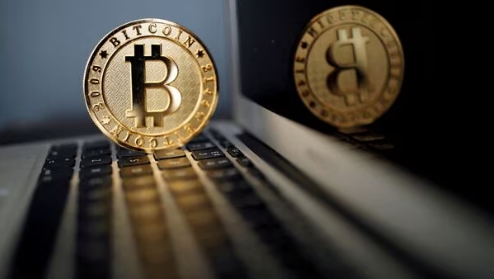Bitcoin (BTC) received a significant legal judgment from the Seoul High Court Civil Division, which has concluded that it should not be classified as money.
This pivotal ruling exempts the leading cryptocurrency from adhering to the lending business regulations in South Korea, and it effectively declares that the customary rules governing interest rates are not applicable to BTC.
This decision, as reported by a translation of a local news article from Hangkyung, affirms that the existing laws concerning interest restrictions and loan businesses do not extend their jurisdiction to cryptocurrencies.
Case Background And Dispute
In a recent legal case in South Korea, the Seoul High Court Civil Division made a noteworthy decision regarding the status of Bitcoin and its treatment under lending regulations. The specifics of the case were not disclosed due to legal reasons, with the involved parties being referred to as Company A and Company B.
According to the court proceedings, Company A entered into an agreement with Company B in October 2020, wherein the former would lend 30 BTC to the latter for a duration of three months. The terms of the agreement stipulated an interest rate of 1.5 BTC for the first two months and 0.75 BTC for the final month.
However, Company B failed to fulfill its obligations under the initial terms, leading to an extension of the contract until April 2021. As part of the extension, the interest condition was revised, and Company A would now receive 0.246 BTC per month, equivalent to an annual interest rate of 10%.
Subsequently, Company B initiated a lawsuit against Company A, alleging that the interest rate changes violated the Interest Limitation Act and the Loan Business Act. The defendant argued that Company A was in violation of these laws by altering the agreed-upon rates.
Court Ruling On Bitcoin’s Applicability Of Lending Laws
In response to the arguments presented, the court dismissed Company B’s claims. The court explicitly stated that the contract in question involved virtual assets, specifically Bitcoin, rather than traditional currency. Therefore, the court concluded that the regulations outlined in the Interest Limitation Act and the Loan Business Act were not applicable to this particular case.
Moreover, the court officials went a step further by asserting that “the object of this contract is virtual assets, not money, so the interest restriction law and the loan business law do not apply.” In essence, this means that it is not feasible to im pose interest rate limitations when lending Bitcoin, as per the existing legal framework in the country.
In accordance with the legal system of South Korea, parties involved in a case have the opportunity to challenge a verdict twice, allowing Company B the option to potentially contest the ruling at the country’s highest judicial body, the Supreme Court.
Featured image from Reuters








